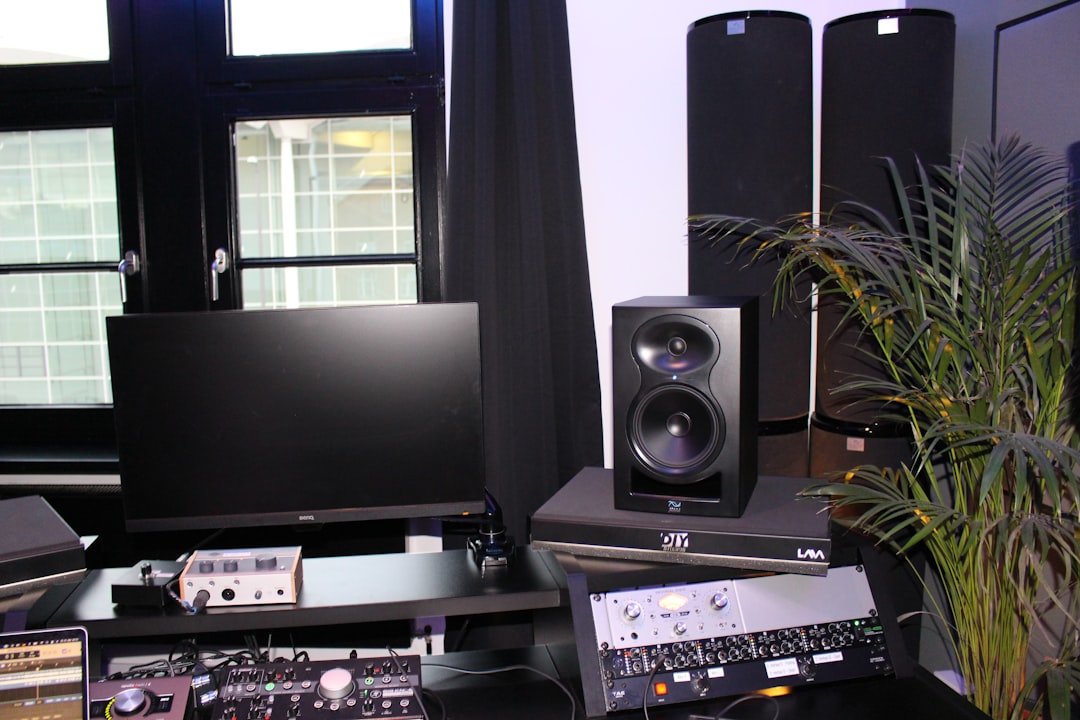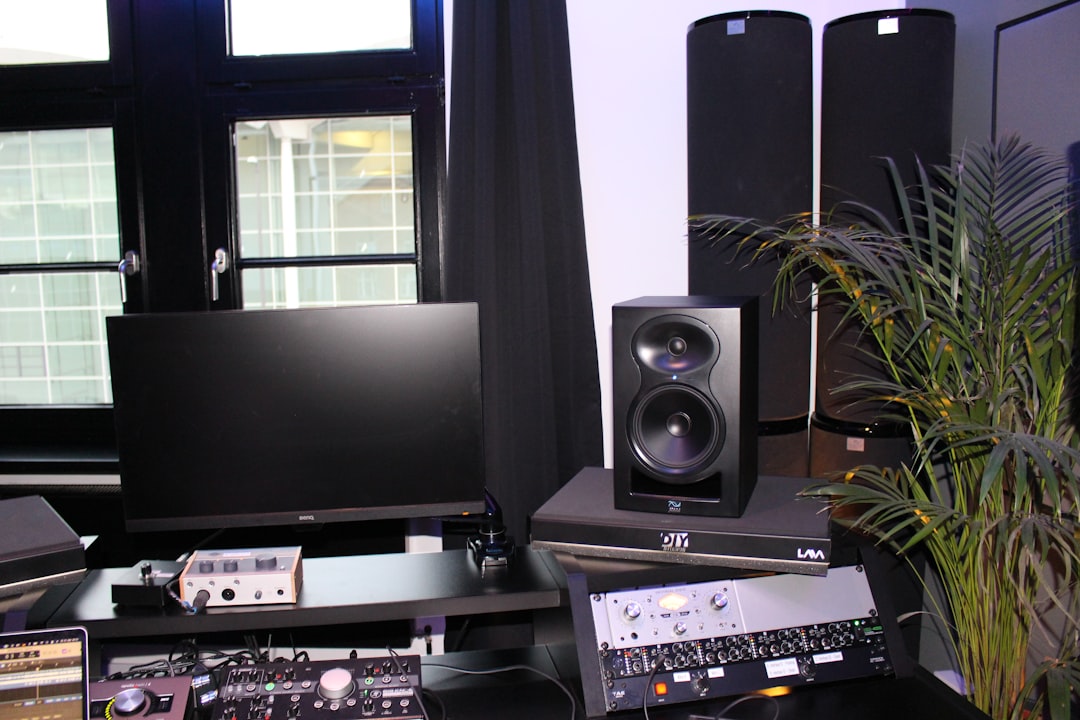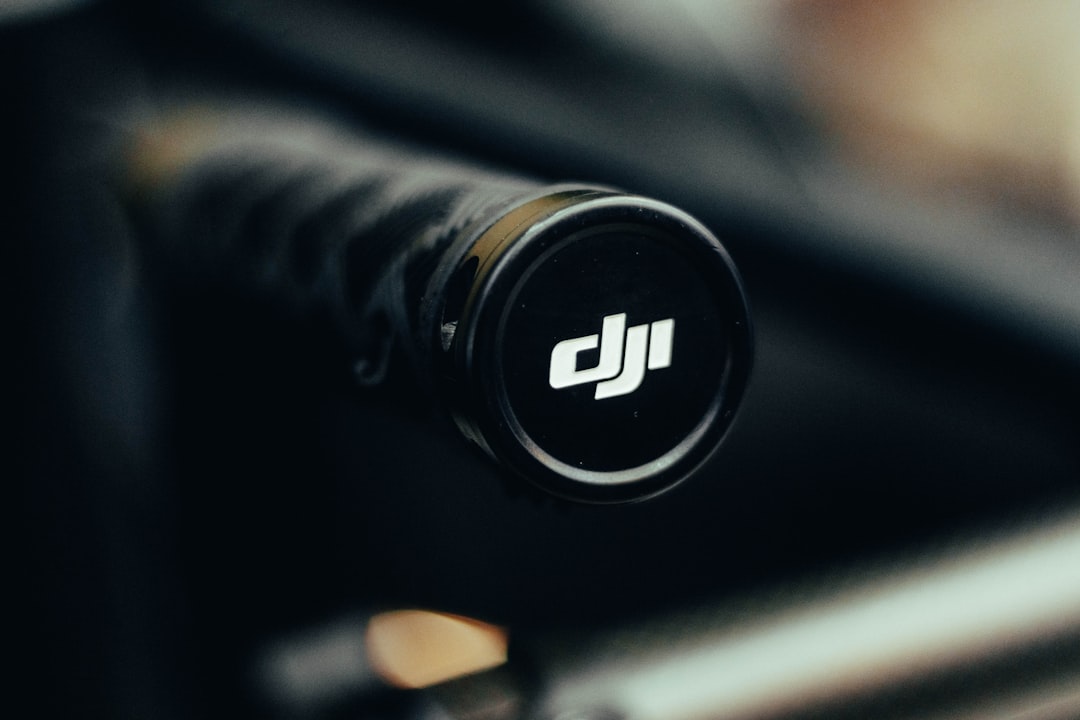Whether you’re a beginner bedroom DJ or a seasoned professional playing to large crowds, choosing the right speakers can make or break your performance. DJ speakers are not just loudspeakers; they are a crucial extension of your sound identity. A well-chosen set of DJ speakers will provide you with the clarity, depth, and power required to keep the dance floor moving and to ensure your mixes sound as clean as they do in your headphones.
Understanding Your Needs
The first step in buying DJ speakers is understanding the context in which you’ll be using them. Are you performing at home, in a small club, or in large outdoor venues? Each environment has different acoustic demands that can significantly influence your decision.
- Home Setup: If you’re playing in a small room, near-field monitors may suffice. These are designed for close listening and provide accurate sound for mixing.
- Clubs and Lounges: For medium-sized venues, you’ll need powered speakers with more wattage and better throw distance.
- Outdoor Events or Large Venues: These require high-powered, durable speaker systems that can withstand challenging environments and project sound over long distances.
Active vs. Passive Speakers
This is one of the most fundamental choices you’ll encounter. DJ speakers typically fall into one of two categories:
- Active (Powered) Speakers: These have built-in amplifiers, making them easier to set up and more portable. Ideal for mobile DJs and smaller setups where simplicity and space are priorities.
- Passive Speakers: These require an external amplifier. While they can offer more customization and potentially greater power in large installations, they’re more complex to set up.
Experts generally recommend active speakers for most DJs due to their plug-and-play nature and reliability.
Key Specifications to Consider
Once you’ve decided on the basic type of speaker, it’s time to dive into the technical specifications. These will determine how your performance sounds and how well the speakers meet your particular needs.
- Wattage: This tells you how powerful your speakers are. As a rough guide, 300-500 watts is good for small events. For larger venues, you may need systems that exceed 1000 watts.
- Frequency Response: A wider frequency range allows for more accurate reproduction of sounds. Look for speakers that cover a range from 50 Hz to 20 kHz or better.
- Driver Size: Larger drivers (12″ or 15″) are better for bass-heavy music, while smaller drivers (8″ or 10″) may offer better clarity at mid-to-high frequencies.

Portability and Durability
For mobile DJs, portability is a major consideration. Look for features like:
- Built-in handles and wheeled cabinets
- Lightweight construction using materials like polypropylene
- Rugged enclosures and protective grills if you’ll be traveling frequently
Durability is also essential for outdoor setups or touring DJs who demand rugged gear that can withstand wear and tear.
Connectivity and Inputs
Modern DJ speakers offer a variety of input options. You’ll want to ensure they are compatible with your mixers or controllers. Common input types include:
- XLR – For professional-grade balanced audio signals
- 1/4″ TRS – Also balanced, often used in audio gear
- RCA – Unbalanced, more common for consumer equipment
Look for speakers with multiple input options if you plan to connect different types of equipment.
Monitor vs. PA Speakers
Another important distinction is between DJ monitors and PA (public address) speakers.
- DJ Monitors: Ideal for home and studio use. They provide precise sound needed for mixing and mastering tracks.
- PA Speakers: Designed for live performances and large audiences. They are louder and prioritize projection over precision.
Many DJs use both: monitors for mixing, and PA speakers for live gigs.
Top Brands to Consider
When you’re investing in DJ speakers, brand reputation matters. Here are some industry leaders known for their reliability and sound quality:
- JBL: Known for durable professional-quality speakers with impressive bass response.
- KRK: A go-to choice for studio monitors with a well-balanced sound signature.
- Yamaha: Offers solid reliability and quality for DJs at all levels.
- QSC: Premium speakers with high power handling and excellent clarity, ideal for professional setups.
- Electro-Voice (EV): Provides a good balance of performance, design, and cost-effectiveness.
Subwoofers: Do You Need One?
Whether or not you need a subwoofer depends on your musical style. DJs who play bass-heavy genres like dubstep, drum and bass, or EDM often prefer systems that include dedicated subs to reproduce low-end frequencies effectively.
If you notice your main speakers struggling with low frequencies, adding a subwoofer can substantially improve the sound quality and overall performance.
Budgeting and Cost Considerations
There’s a wide range of prices when it comes to DJ speakers, and understanding where your money is going makes a big difference.
- Entry-Level ($100 – $300 per speaker): Good for practice or home use. Brands like Behringer and Mackie offer decent performance at this price point.
- Mid-Range ($300 – $700 per speaker): Suitable for gigging DJs and small events. You’ll get better power handling, build quality, and acoustic clarity.
- High-End ($700 and up per speaker): Designed for professional use. Brands like QSC and EV dominate this tier with features that guarantee consistent performance under demanding conditions.

Additional Features and Considerations
- DSP (Digital Signal Processing): Helps tailor the audio output of your speakers to the environment, reducing distortion and improving clarity.
- Bluetooth Connectivity: Useful for streaming audio wirelessly during casual gigs or setups.
- Built-in EQ Controls: Allows quick adjustments to suit different venues or styles.
- Mounting Options: Look for top hat pole mounts and rigging points if you plan to elevate your speakers or integrate them into a larger rig.
Final Tips Before You Buy
Before making a final choice, consider the following:
- Test the speakers: Visit a store if possible and hear them in action.
- Check warranties: Quality speakers should come with at least a 1- to 3-year warranty.
- Think long-term: Investing in quality now can save you costs and frustrations later.
- Talk to other DJs: Seek brand and model recommendations based on firsthand experience.
Conclusion: Sound Is Everything
In DJing, your sound is your identity. Investing time and thought into purchasing the right speakers is not just about gear — it’s about delivering unforgettable performances. Whether you’re just starting or scaling your setup for large productions, understanding what to look for in DJ speakers ensures that you’re always in control of your sound and your audience’s experience.
Make your choice wisely, and you’ll gain equipment that enhances your craft, grows with your career, and delivers on every beat.


